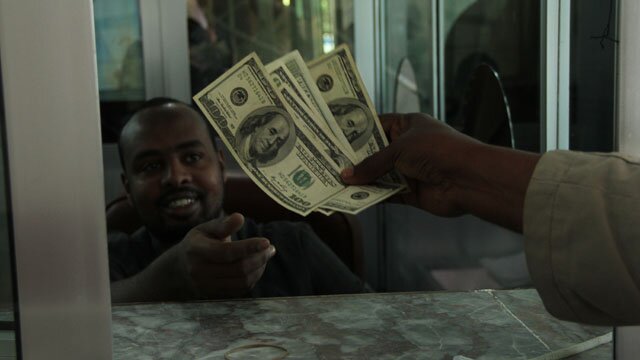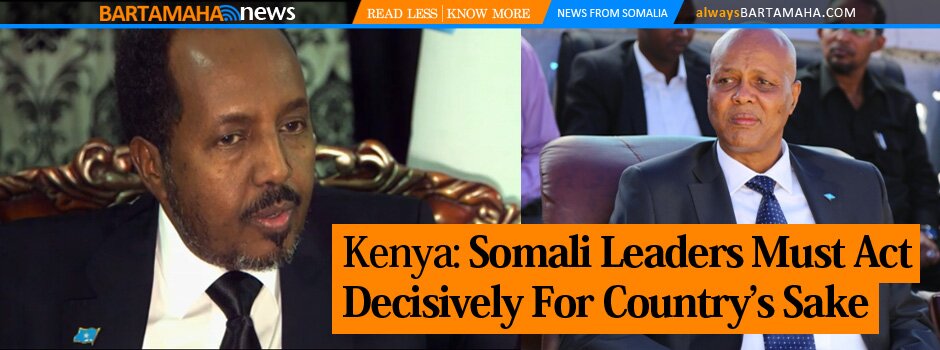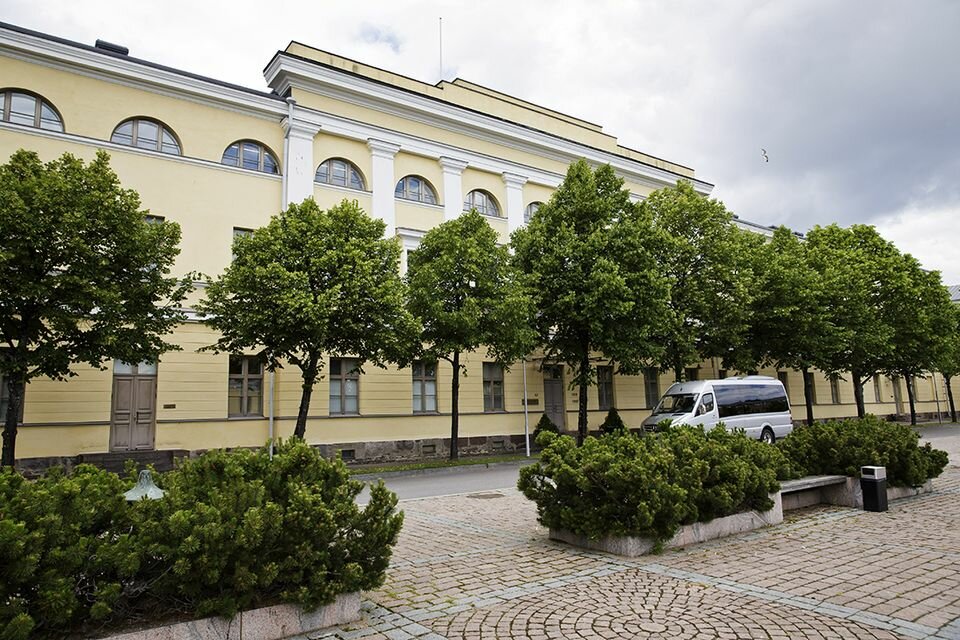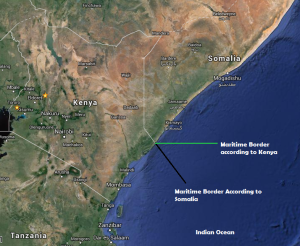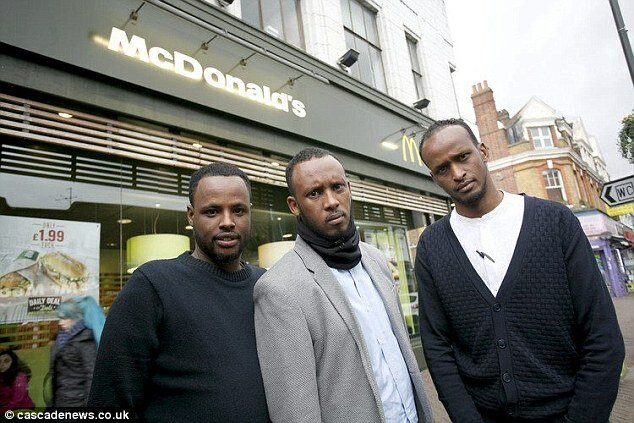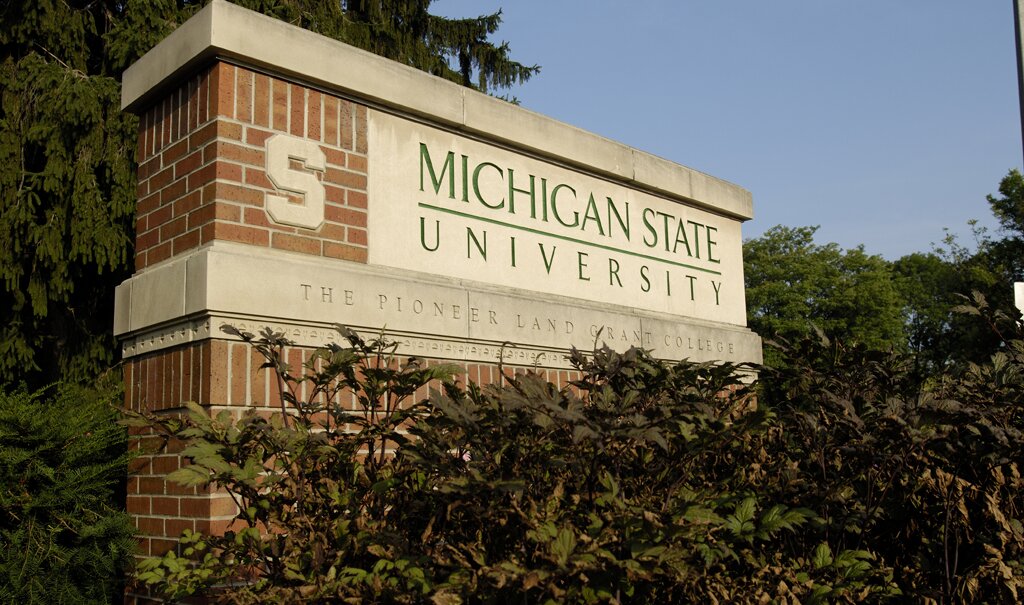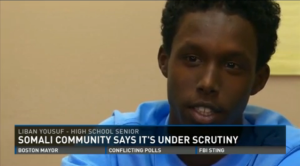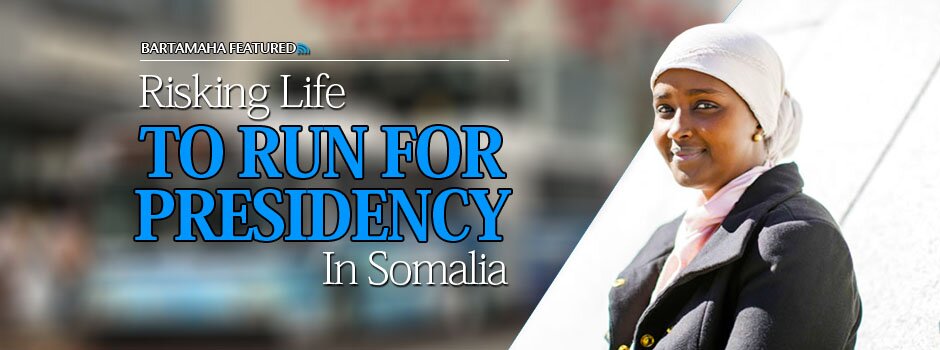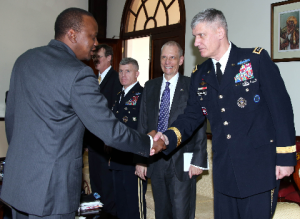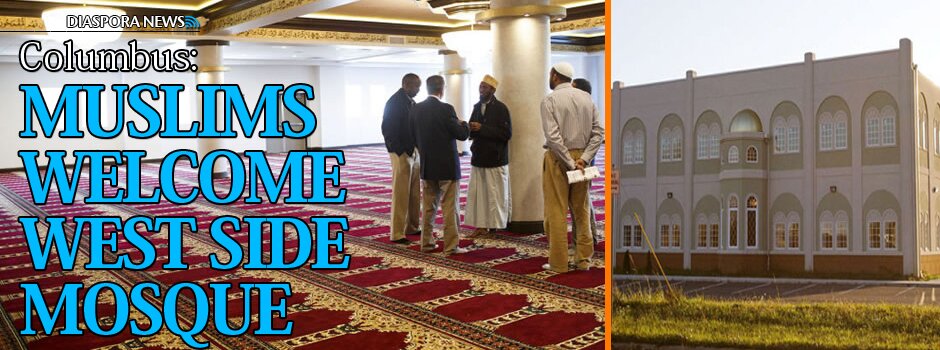International perspective on Finland-Swedish issues – Ahmed Hassan
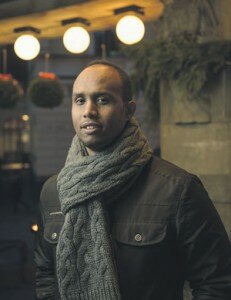 Ahmed Hassan is the face of a new generation – a generation whose cultural and ethnic diversity is pointing towards a more inclusive, progressive future for Finland’s immigrant population.
Ahmed Hassan is the face of a new generation – a generation whose cultural and ethnic diversity is pointing towards a more inclusive, progressive future for Finland’s immigrant population.
Growing up as a Somali immigrant and living in a Swedish-speaking community in Helsinki during the 1990s, the multilingual Ahmed Hassan has experienced first-hand the difficulties that can accompany adapting to a new culture and environment and has overcome these obstacles to emerge as a promising, industrious figure within the areas of politics and business in Helsinki.
As Helsinki District Chairman of Svenska Ungdom, the youth branch of the Swedish People’s Party, a politically liberal organisation who encourage multiculturalism, civil rights and campaigning for the status of the Swedish language in Finland, Hassan is a passionate believer in citizens’ rights and in particular, the rights of those within the Finland-Swedish community to integrate and establish their own identity in Finnish society.
Born in Somalia and fluent in Arabic, Swedish, Finnish and English, Hassan’s political interests have also informed his activities in the business arena. A budding entrepreneur with a background in management, he set up Hassan Consulting, a recruitment agency based in the city centre which helps immigrants from a variety of backgrounds to find employment. In addition to his other endeavours, he is currently studying for a degree in Political Science at Hanken School of Economics.
Having recently been involved in the hard fought local municipal elections in Helsinki which saw the Swedish People’s Party retain their five seats in parliament, Hassan was in a positive frame of mind as he sat down to chat with Six Degrees to give his views on growing up in Finland and the future for Finland-Swedish youth.
Why did you move to Finland?
I think it was because of civil war in Somalia initially that my mum chose to come here. She was a nurse, so she started to work here as an asylum seeker. Then after that, me and my two other brothers came here as refugees. It was not something by choice but something that was made to happen.
Do you have any memories of growing up in Somalia?
We left before it started getting worse. Sometimes I remember Mogadishu was beautiful before the civil war. I have some memories of it but I was a small kid. I remember everything was peaceful and you have a lot of your family around you, that kind of picture. I have some cousins back in Northern Somalia. Some cousins are still there but the rest of the family are worldwide.
How was it for you growing up in Finland?
It was quite hard in the beginning for people to accept you, that you are different because of your colour, sometimes because of your religion. I was the only black guy in my school so I was getting a hard time as well. I came to Finland when I was eight years old and I came here at the beginning of the ‘90s so all my educational background is here. But, for some reason, because Finland is a two-language-speaking country, my mother put me in a Swedish-speaking school in East Helsinki. So from there I started to integrate myself into Finland-Swedish society.
At the beginning it was hard because people don’t know who you are and where you come from so it’s kind of challenging to talk about your culture. You can be different but at the same time you can’t have the same attitude, so I’ve always had a good attitude. But it was hard because sometimes when you are on the streets someone is going to call you the ‘N’ word or say, ‘You are not from here!’ Now it’s changed, but when I was a schoolboy it was harder than now so luckily people are more understanding these days. I think that when you see the political side, you get the negativity compared to the majority of people. When you see MPs that talk negatively about immigrants that they’ve never even met it will give you the wrong picture about society. So that’s more worrying. But in general, I think the Finnish are adapting to immigrants right now.
So how do you think your upbringing here has affected your cultural heritage?
That’s a good question because usually people ask me, ‘What’s my identity?’ I used to say that I have a different identity inside me. I’m a Finn and then I have a Swedish identity and a Somalian identity so for me it’s like the area where you live gives you your identity. I consider myself to be a Finn, but at the same time I consider myself as Somalian and Swedish as well.
How did you get involved with the Swedish People’s Party initially?
I’ve seen the other big parties like Kokoomus or Social Democrats, and for me the Swedish People’s Party was a liberal party that was smaller that could make an impact and my voice could be heard in the party. I’ve seen other immigrants who were joining Kokoomus or the Social Democrats but there was always a wall because they are big parties and so to get through would take time. So, I always try to take the short way and this party actually welcomes me openly and gives me more chances and has given me a lot of help and support as well. In that way, I see more positively that it influenced my value in the party. But actually they needed me as well as I am one of the few that speak Swedish here. In that way, the language has a big impact because other immigrants cannot join the party if they don’t speak Swedish so that was the plus that I had.
Why did you take the position of Helsinki District Chairman of Svenska Ungdom?
Actually, they recommended me. I came to the party three years ago because of their values on life and because it was a liberal party – that’s why I joined. This position gave me the chance to be heard through the media especially through the Finnish media and the Swedish media. To give my ideas of how I see this country and how I see Helsinki. So it’s helped me a lot to be heard and seen.
In your position as chairman why is it important to connect with Swedish youth in Finland?
It’s an important thing because I consider myself in the minority with the Swedish Peoples Party. But then, at the same time, I think the chance that other immigrant politicians or figures can get is to impact through political organisations and that gave me an opportunity to do it.
What are the key issues affecting the youth of Finland-Swedes?
At the moment, that they are getting services in the (Swedish) language, especially for the youth in Helsinki city, and for there to be more tolerance. The third important thing is to get the youth active in the political arena. It took time for us to get more members who are interesting the youth here because Finland has a much older generation who’ve always controlled the political arena. The bad thing for the Swedish speakers is that their youth are not interested in politics. Some people say they have better lives and they have their own companies and so on but when you compare it to the Finnish youth who are very involved in the Left Alliance party, there are not a lot of youth who are interested in politics. So in that way for me, the challenge is to get the Swedish speaking youth interested.
What is the attitude amongst Finland-Swedish youth towards their culture?
Actually, it depends where you are. Once I was in Karleby [Kokkola] and when people see you speaking Swedish and you are black, it gives them more interest like ‘How is this possible?’ But when you talk to them, they are more open and interested in your culture and speaking their language as well. It gives you the chance to communicate because it’s all about communication and understanding and that’s where integration starts.
How does the Finland-Swedish community perceive foreigners?
It depends what kind of organisations you work with, the situation you are in. But I see very positive interest in other cultures because most of them have travelled. They have seen different cultures and are more open minded than the Finnish majority.
Is the Finland-Swedish community in danger of being assimilated into that of the Finnish-language majority?
I don’t think so. I see how strong they are in their identity and their culture and it’s been there for thousands of years so it won’t go easily. But I think they will have some challenges in future.
How is integration improving for Finland-Swedes?
They are starting now that immigrants can learn the Swedish language and maybe get more job opportunities, maybe in the Nordic countries and maybe here. It’s all about the language. If you don’t speak the Finnish language or the Swedish language it’s very hard for you to integrate here. Usually, that will be the first factor. So there are programmes that are starting now that will integrate people in Swedish. The other thing is to have initiatives from the labour organisations in Finland. That they can help immigrants to get into work because labour market organisations in Finland have much power. For the immigrants, they are silent. They are the ones that make up the numbers that Finland will need a work force in ten years, so from that perspective maybe they need to put more effort in and work towards integration as well.
Luckan is another organisation that can help Swedish speakers, right?
Yes. I’m not involved with them but I know some people that work there. It’s more for giving information to Swedish people arriving in the Helsinki region. But they have some sections in counselling for integration, for people who want to find out about work or visas and for students.
What’s the next step for you?
I have to finish my degree in political science first. I have two years left and then what I’m trying is to get a place in the party, to work with the party, because to be a politician in Finland as an immigrant will take money. So maybe to start at the ground level and be an official in the party – that’s my target at the moment.
Derek McDonnell
Photo: Tomas Whitehouse
Comments
comments
 Calendar
Calendar







